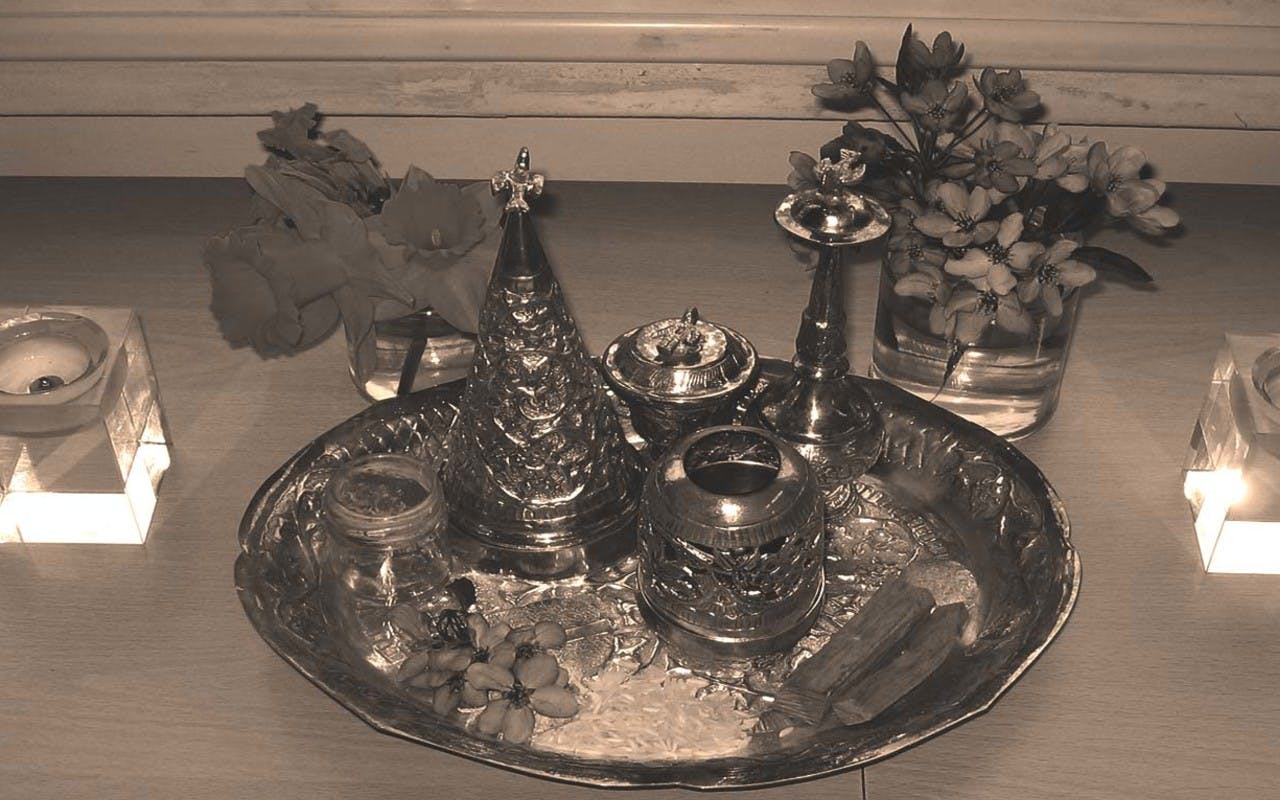
We give thanks to our friend Chai T for this guest post on Navroz.
Each year, the spring equinox – when day and night are equal length – marks a transition in earth’s relationship with the sun. This event, sacred to many cultures throughout history, today thrives as a new year celebration for hundreds of millions.
In Bombay, London, and throughout the South Asian diaspora, between 20th and 21st March you’ll find many folks of the Zoroastrian faith (amongst others) celebrating this new year, or Navroz as we like to call it.
They may be Irani Zoroastrians – descendents of immigrants and refugees from Iran in the previous century who opened the much-loved Bombay Irani cafes evoked by Dishoom. They may be Parsi Zoroastrians – descendents of those arriving from ancient Iran perhaps 1,000 years earlier. Or both. But food and fellowship figure strongly for all who celebrate worldwide – in homes, community halls, and (nowadays) restaurants.
Navroz is the ancient new year celebration marking the vernal equinox and spring’s arrival. Observed by diverse communities across borders, cultures, and religions for thousands of years, it’s a holiday of unity, tolerance, kinship, and reconciliation.
It goes by many names – including Nowruz, Nooruz, Newroz, and Nevruz (all meaning ‘New Day’ in Persian-related languages). Thought to originate in pre-Zoroastrian and Zoroastrian times, it’s a cultural festivity for some; a religious observance for others. But it’s always an family-friendly celebration of life, nature, fertility, growth, and renewal.
Whatever the name, it’s observed by entire nations as a major festival – including Iran, Afghanistan, and across Central Asia; and by specific communities in the Balkans, Black Sea Basin, Caucasus, the Middle East, and South Asia; and diaspora nations like the UK. Some observe Navroz as a religious celebration – including Zoroastrian, Ismaili, and Baha’i communities. Others – including nations and communities (for example, people of Kurdish background) – celebrate as a cultural holiday, regardless of religion or national origin.
Many cultures – including Iranian Zoroastrians – observe the actual date and time of spring equinox – which varies yearly. Others – including Parsi Zoroastrians – celebrate on the fixed day of 21st March. Each celebrating culture has unique customs and festivities – often with spring cleaning, new clothes, special food, and reaffirming friendship or family connections.
At some Zoroastrian celebrations, you may see displays symbolising growth and renewal, representing two main Zoroastrian cultures: a South Asian Parsi-style silver ‘ses’ tray – including a coconut, rice, and flowers; alongside an Iranian-style ‘haft sin’ or ‘haft shin’ table including eggs, sprouted wheat, and goldfish.
Navroz can be a time of both spiritual cleansing and thanksgiving feasting – whether one is amongst family, friends, or on one’s own.
Navroz mubarak!
Chai T is a communications specialist, writer, and creative artist who has worked with media and institutions to raise visibility of Zoroastrian diasporic communities.
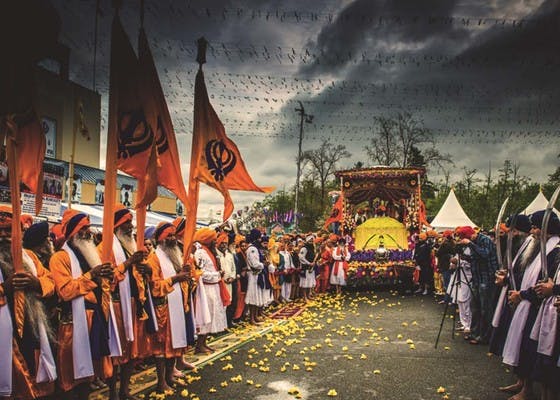
Vaisakhi, a day marked across India by people of many faiths, is celebrated in the Punjab as the start of the new Harvest. It falls on the 13th or 14th April depending on the calendar for that year.
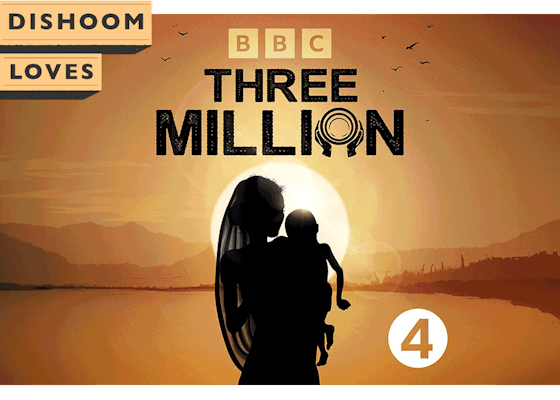
Spring has gently tiptoed in. As the days lengthen and the sun grows bolder, here’s a glimpse of what we eagerly await in April.
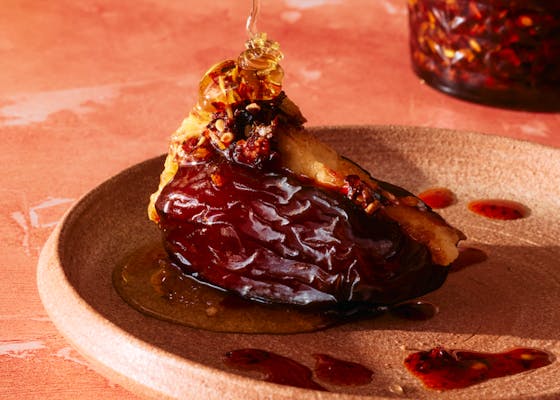
We’re turning page after page of Ayesha Erkin’s recipe book Date of the Day, featuring 30+ recipes for the modest date – timely for breaking fast and after. Our dear friend Ayesha has now kindly shared a recipe for you to make at home. Try it this Iftar or any time you need a salty-spiced sticky treat.
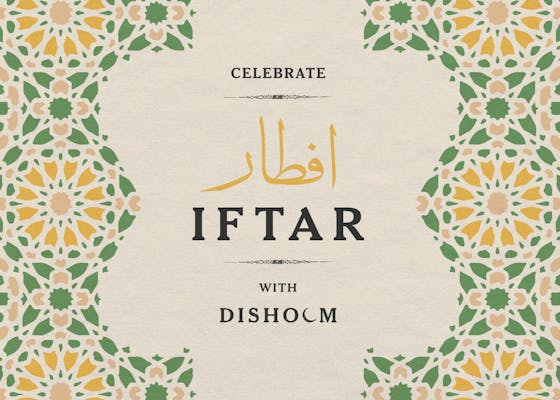
The holy month of Ramadan is upon us, when Muslims around the world fast daily from dawn till dusk. It is a time of private worship and spiritual discipline, but also of shared joy and abundant feasting. Families and communities come together at suhoor, the pre-dawn meal, and at iftar, the evening meal, to break their fasts with copious, delicious dishes. Join us on 7th April for our own Iftar celebration – for an evening of feasting and live music.